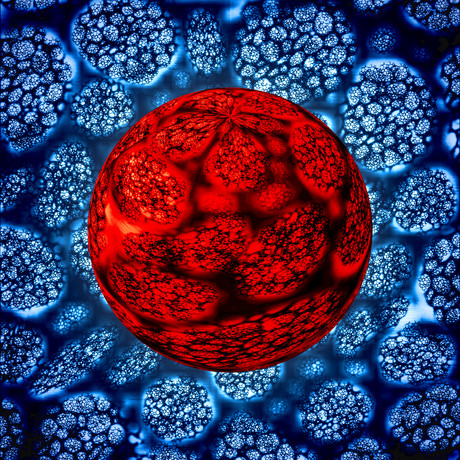Nanocapsules could create artificial organs, treat incurable diseases

Nanocapsules have revolutionised the delivery of bioactive molecules in a wide range of life science applications, including agrochemicals, genetic engineering, cosmetics, cleansing products, wastewater treatments and the strategic delivery of pharmaceuticals.
A team of researchers led by Curtin University have developed a significant advancement in manufacturing better-quality nanocapsules which may lead the way to new treatments for currently incurable diseases, including diabetes.
Ranging from 10 to 1000 nm, nanocapsules consist of a liquid/solid core surrounded by a distinctive polymer membrane which delays the release of active ingredients. The newly designed nanocapsules are able to host healthy organs and produce insulin in a stable way. It is hoped that this will lead to the creation of an artificial pancreas.
Lead author Dr Hani Al-Salami said: “Through this research, we have uncovered new data on biotechnological methods for creating better-quality nanocapsules, or tiny houses for growing healthy cells, which have the potential to offer new treatment options, as the healthy cells can function as their own organs and help cure many diseases which currently have no cure.
“This discovery is significant as it has the potential to offer new treatment options for many diseases, including diabetes.”
Dr Al-Salami is a senior lecturer of pharmaceutics and biotechnology at Curtin’s School of Pharmacy, as well as a lead researcher within the Curtin Health Innovation Research Institute. He believes this research has the potential to treat a range of diseases for which there are currently no known cures. This could be achieved by implanting healthy organs.
According to Dr Al-Salami, “This biomaterial and nanotechnological research has achieved a new discovery that may offer a new biological-based treatment via a capsule, which could be used to harvest healthy organs capable of curing diabetes in the future.”
This research was a collaborative effort between Curtin University, The University of Western Australia, and the Diabetes Centre at the Harry Perkins Institute of Medical Research. It has been published in the journal Molecular Pharmaceutics.
Mini lung organoids could help test new treatments
Scientists have developed a simple method for automated the manufacturing of lung organoids...
Clogged 'drains' in the brain an early sign of Alzheimer’s
'Drains' in the brain, responsible for clearing toxic waste in the organ, tend to get...
World's oldest known RNA extracted from woolly mammoth
The RNA sequences are understood to be the oldest ever recovered, coming from mammoth tissue...



